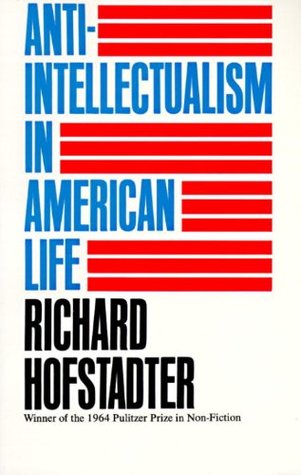More on this book
Community
Kindle Notes & Highlights
Read between
December 17, 2020 - January 10, 2021
The more thoroughly business dominated American society, the less it felt the need to justify its existence by reference to values outside its own domain.
In 1888 the railroad executive, Charles Elliott Perkins, asked:9 Have not great merchants, great manufacturers, great inventors, done more for the world than preachers and philanthropists?… Can there be any doubt that cheapening the cost of necessaries and conveniences of life is the most powerful agent of civilization and progress? Does not the fact that well-fed and well-warmed men make better citizens, other things being equal, than those who are cold and hungry, answer the question? Poverty is the cause of most of the crime and misery in the world—cheapening the cost of the necessaries and
...more
Here no doubt the American educational creed itself needs further scrutiny. The belief in mass education was not founded primarily upon a passion for the development of mind, or upon pride in learning and culture for their own sakes, but rather upon the supposed political and economic benefits of education.
A vicious circle had been drawn. American communities had found it hard to find, train, or pay for good teachers. They settled for what they could get, and what they got was a high proportion of misfits and incompetents. They tended to conclude that teaching was a trade which attracted rascals, and, having so concluded, they were reluctant to pay the rascals more than they were worth.
Whenever intellectuals “become absorbed into the accredited institutions of society they not only lose their traditional rebelliousness but to one extent or another they cease to function as intellectuals.”
Our society is sick in many ways; but such health as it has lies in the plurality of the elements composing it and their freedom to interact with each other.


